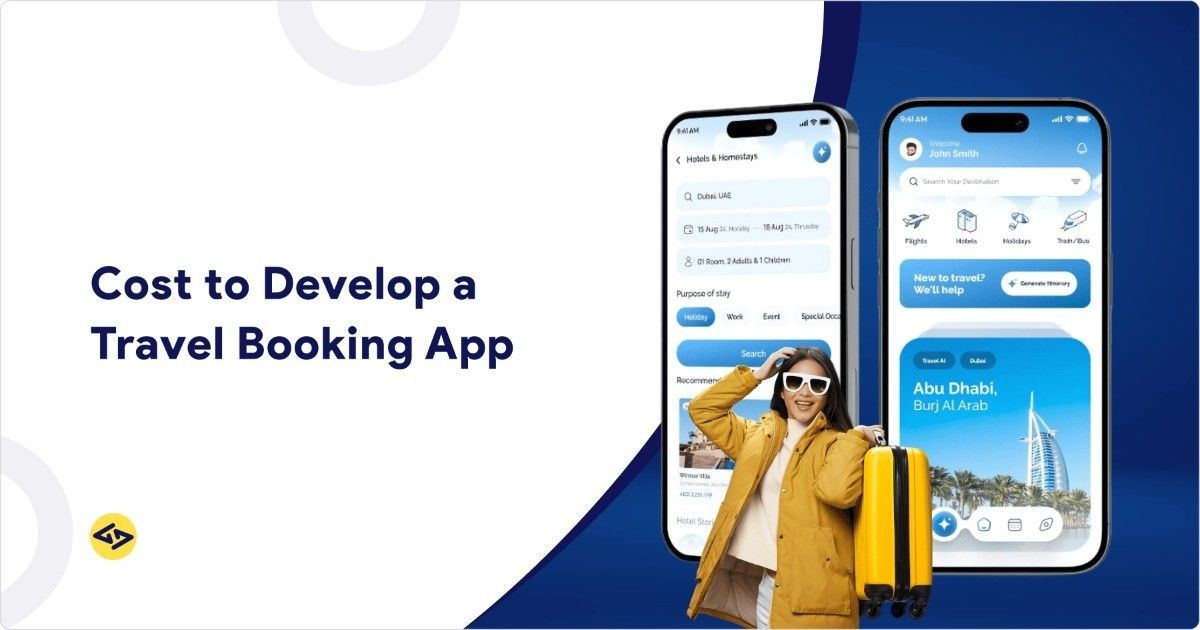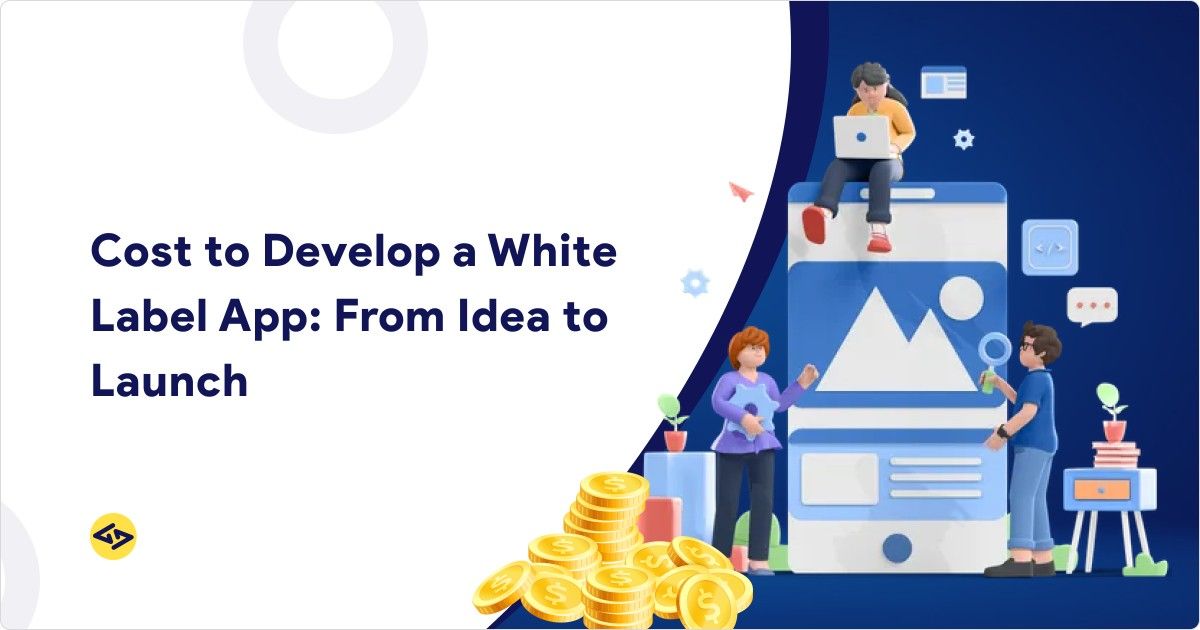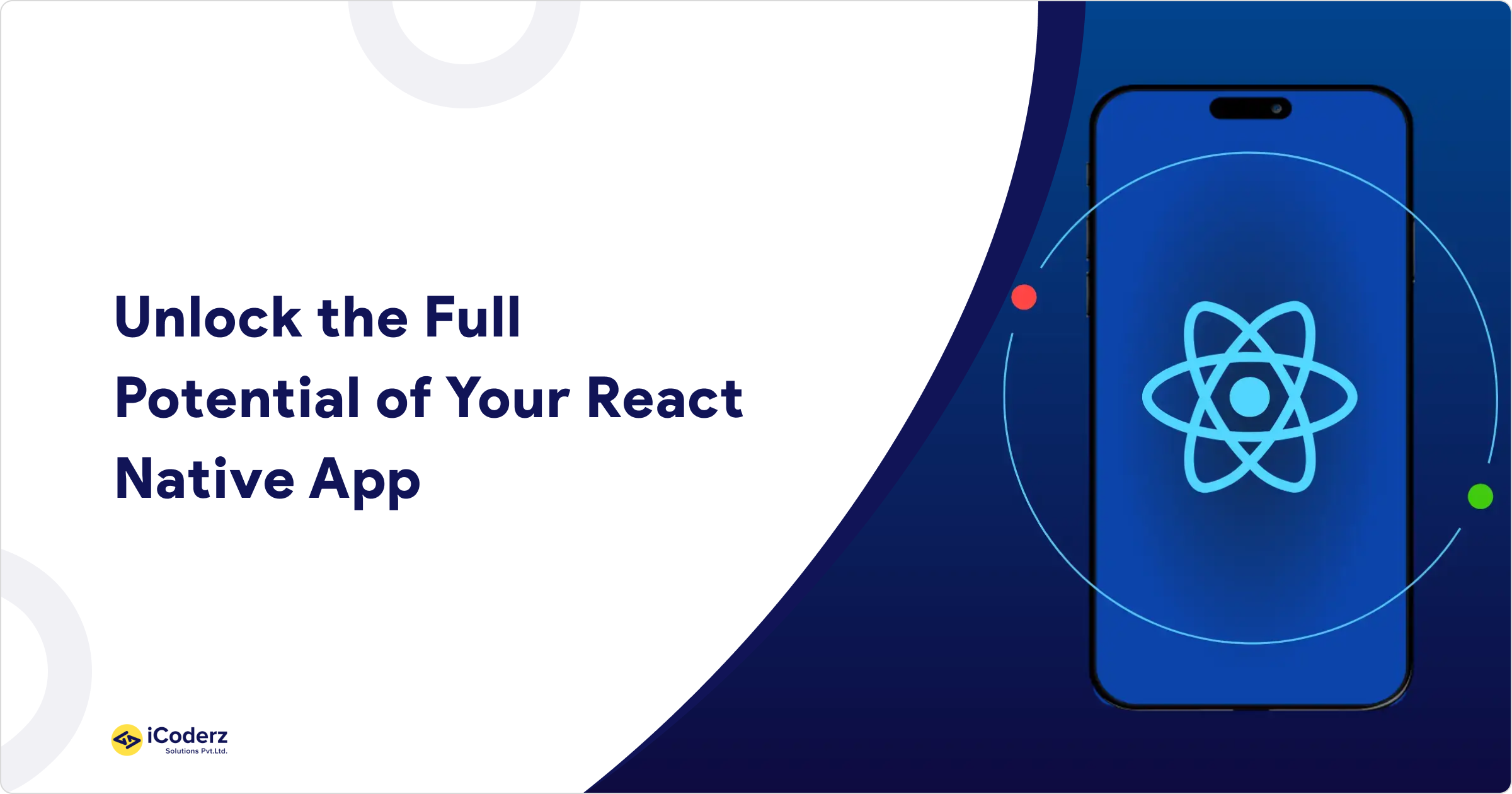The way we explore the world has undergone significant changes. Today, an increasing number of travelers expect simple, anytime-anywhere options for booking flights, hotels, tours, and more. This makes digital solutions incredibly important. If you’re looking to create something new in this busy field, understanding the cost to build a travel app is vital for smart planning and investment.
Did you know the global online travel market reached $566.7 billion in 2024 and is projected to grow to $1.37 trillion by 2033 at a CAGR of 9.85%. This complete guide will walk you through the Cost to Build a Travel Booking App, covering every detail from features to development factors. We’ll also explore key features at different price points and share useful budgeting tips. Our goal is to provide you with the information you need to make informed decisions for your ambitious project. Let’s start by exploring what goes into the cost of building a modern travel booking app.
What Exactly is a Travel Booking App?
In essence, a travel booking app is an advanced digital platform. It is designed to simplify planning and booking a wide range of travel-related services. The apps act as a single centralized point where users can easily search, compare, and book flights. They also book hotel stays, rent cars, find tours, and schedule overall itineraries.
They serve as an online intermediary between service suppliers and tourists, bringing convenience, real-time data, and frequently personalized experiences. This underlying utility explains why evaluating the cost of the travel booking platform is one of the most important considerations for most companies entering this arena.
Understanding Your Investment: Factors Affecting Cost
The cost to develop a travel app is surprisingly diverse. It’s like building a building. The total cost is solely determined by its size, complexity, and any special requirements. All this diversity is affected by a few very important variables, such as:
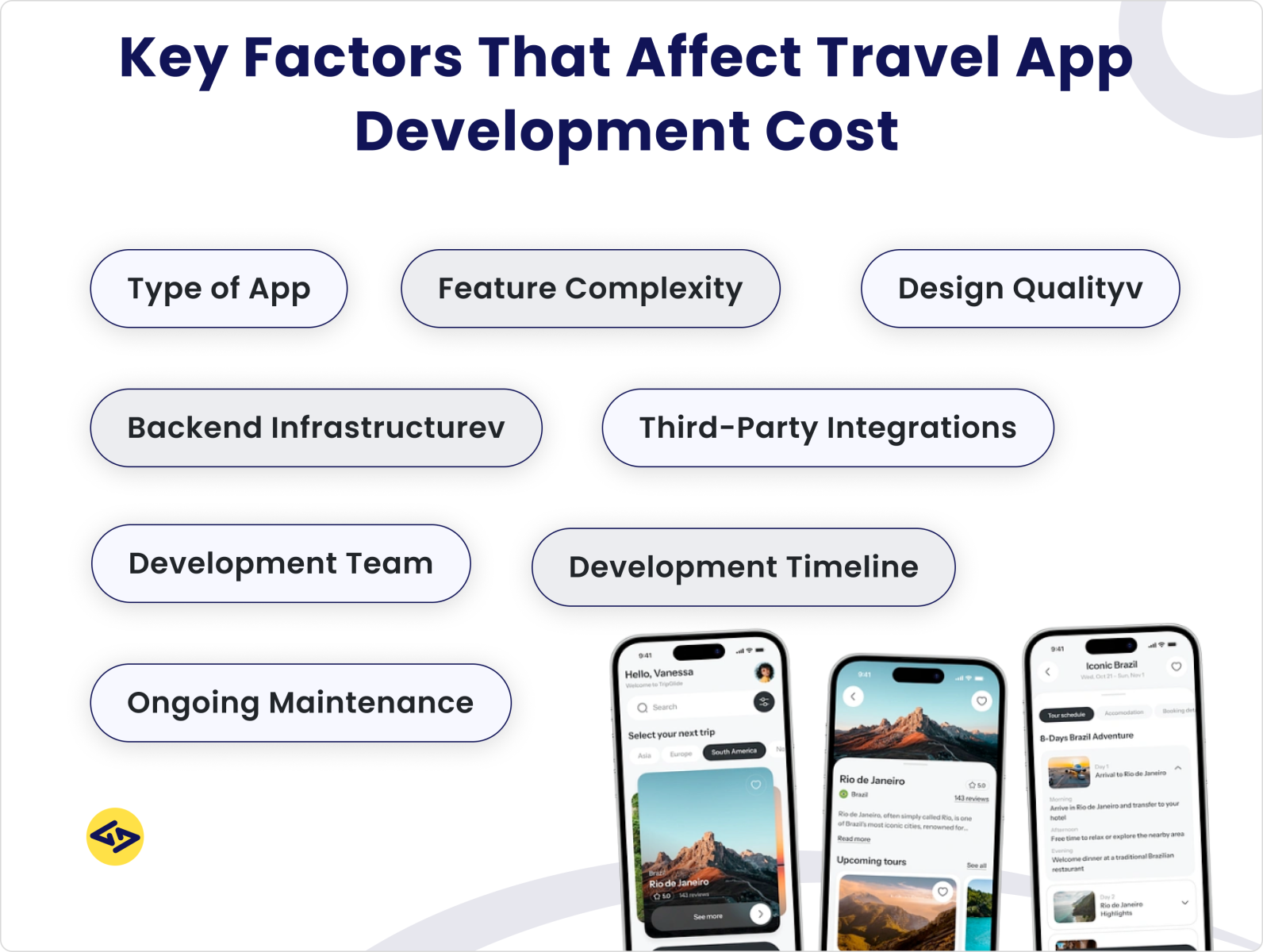
Type of App:
Is it just for flights, hotels, tours, or an all-encompassing multi-service app?
Feature Complexity:
This is the quantity and complexity of functionalities you’d like to have.
Design Quality:
This varies from simple templates to highly personalized and complex UI/UX.
Backend Infrastructure:
This is the server-side logic and databases needed.
Third-Party Integrations:
This refers to the quantity and complexity of integrations with external booking systems, payment gateways, and other systems.
Development Team:
This is the size, geographic distribution, and skill of the developers you employ.
Development Timeline:
This is the total time required to develop and release the app.
Ongoing Maintenance:
This includes support after launch, updates, and fixing bugs.
Identifying these varied factors at the beginning is crucial in setting realistic expectations. It also helps you manage your project’s expenses efficiently.
For a detailed breakdown of general app development costs, you can explore this article on app development cost estimation.
Travel App Development Cost Tiers: From MVP to Enterprise
The travel app features cost is a fundamental factor in determining your project’s development path. It helps you decide which app tier best fits your business requirements.
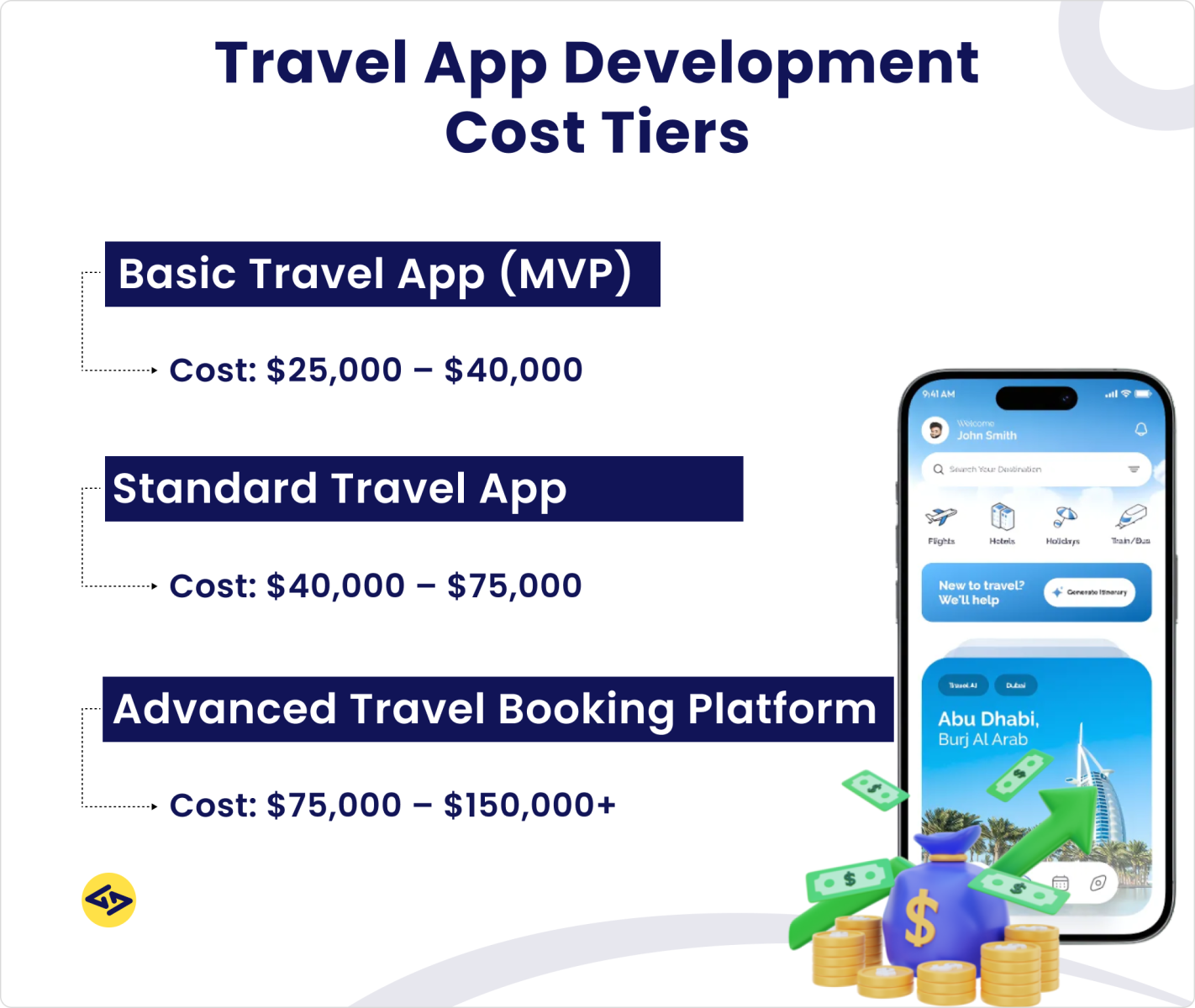
1) Basic Travel App: Essential Functionality for Your MVP
A basic travel app focuses purely on core functionalities. This makes it ideal for a minimum viable product (MVP). An MVP aims to enter the market and gather initial user feedback quickly. This tier typically includes:
- Basic search capabilities for flights, hotels, or tours.
- A simple booking engine for making reservations.
- A clean, intuitive user interface designed for straightforward navigation.
For such an application, the cost to build a travel app generally ranges between $25,000 and $40,000. This figure can vary based on whether you develop for a single platform (iOS or Android) or both. It also depends on the specific design requirements you opt for. This tier is an excellent starting point for startups or small travel agencies looking for rapid deployment. This helps keep their initial Flight booking app cost manageable. For those focusing on accommodation, the Hotel booking app cost also remains manageable at this tier.
2) Standard Travel App: Enhancing the User Experience
Moving beyond the basics, a standard travel app adds more advanced features. These features are designed to enhance the user experience and deliver greater value. This often includes:
- Implementation of secure payment gateways for smooth transactions.
- Detailed user profiles for account creation, login, and personal management.
- Integrated review and rating systems where users can leave feedback and read others’ experiences.
- Basic administrative tools for managing bookings, users, and content.
A standard travel app with these enhanced features generally costs between $40,000 to $75,000. This tier is well-suited for small to mid-sized businesses seeking more scalable and robust solutions without venturing into the highest complexity.
3) Advanced Travel Booking Platform: Premium Features for Market Leadership
For a premium travel booking platform designed to compete with industry giants, a comprehensive suite of advanced functionalities is essential. This could include:
- Sophisticated AI-powered recommendations based on user behavior and preferences.
- Real-time in-app messaging between users, agents, and support teams.
- Multi-currency support to facilitate payments for a global user base.
- Advanced analytics provide crucial insights into user behavior and booking trends.
- Extensive integration with third-party services, such as Global Distribution Systems (GDS), direct airline APIs, hotel APIs, and specialized payment gateways. These enable vast inventory and dynamic pricing.
Building a travel app similar to TripAdvisor, which requires extensive features, data, and integrations, falls into the advanced or enterprise-grade category. The online travel agency app costs at this calibre can range from $75,000 to $150,000 or more. It could exceed $300,000 for highly customized and scalable solutions. For such a comprehensive platform, you’re definitely looking at the higher end of the spectrum due to the sheer volume of features, data, and integrations required. Explore options for various on-demand app development.
Deconstructing the Budget: Where Your Investment Goes
To truly understand the comprehensive cost of travel app development, it’s crucial to break down the investment into its core components. Each phase of development contributes to the overall budget for the Travel app.
1. UI/UX Design
A visually appealing and intuitive user interface (UI) combined with an excellent user experience (UX) is paramount for attracting and retaining users. The UI/UX Design costs depend on factors such as the app’s overall complexity, the inclusion of custom animations, and the total number of unique screens required. Expect to spend approximately $5,000 to $20,000 for a polished, user-friendly design that stands out.
2. Backend Development
The backend is the foundational infrastructure that powers your app. It handles its logic, data storage, user authentication, and integrations. Backend development costs vary significantly based on:
- The complexity of database management.
- The intricacy of user authentication systems.
- The sophistication of the booking engine logic.
- The features included in the administrative panel.
A robust backend infrastructure typically ranges from $10,000 to $40,000.
3. API Integrations
For any travel booking app, API integrations are the most expensive components. Integrating with various third-party services, including Global Distribution Systems (GDS), direct airline APIs, hotel APIs, and niche payment gateways, is crucial. These interfaces provide real-time data, availability, rates, and instant booking capabilities. The cost incurred is a major portion of the travel portal development cost. Anticipate this aspect alone to be priced between $10,000 to $50,000
4. Quality Assurance & Testing
Quality Assurance and Testing are non-negotiable. They guarantee that your app is free from bugs, runs at its best on various devices and operating systems, and provides a consistent user experience. This critical step typically accounts for $5,000 to $15,000 of the budget.
5. Maintenance and Updates
The original cost to build a travel app is far from the last. You’ll need post-launch support and updates to keep your app healthy and relevant in the long term. This entails regular bug fixes, security updates, performance tweaks, and feature updates. These are required to adapt to changing user demands and market trends. You’ll want to spend approximately $5,000 to $ 20,000 or more annually on ongoing maintenance.
6. Team Size and Location
The team size and location of your development partner significantly impact your overall travel app budget. Hourly rates vary dramatically across regions. For instance:
- Local team (US/EU): Typically $100–$200 per hour.
- Outsourced team (Asia/Eastern Europe): Often ranges from $25–$75 per hour.
This choice significantly impacts the final cost of the custom travel app. If you’re looking to hire developers, please connect with our team to book a complimentary consultation call.
7. Development Timeline
The overall development timeline has a direct impact on the total cost. Longer projects naturally incur higher labor costs.
- A simple app can take 3–6 months to develop.
- A typical app may take 6 to 12 months.
- An enhanced, comprehensive travel booking platform may take 9–18 months or more.
Funding Your Project: Pricing Models
When engaging a development partner, you’ll typically encounter two primary pricing models:
1. Fixed-Price Model
In a Fixed-Price Model, a predetermined total cost is agreed upon for the entire project.
Pros:
This model offers a predictable budget with no surprises.
Cons:
It provides less flexibility for changes once the project scope is set. This model is best suited for projects with a very well-defined scope and clear, unchanging requirements.
2. Time & Material Model
The Time & Material Model bills you based on the actual hours worked and resources utilized.
Pros:
It provides flexibility to adapt to evolving requirements and scale the project as needed.
Cons:
Costs can exceed initial estimates if the project scope is not managed carefully throughout its duration. This model is ideal for projects with an uncertain or evolving scope.
If you need whole-spectrum mobile application development services, we can help!
Conclusion – Ready to Start? Know the Cost to Build a Travel Booking App First
Developing a travel booking app represents a substantial investment. However, strategic planning and attention to detail can ensure its immense success. It’s crucial to grasp all the various cost factors involved. Prioritising essential features will help you build a highly competitive and truly user-friendly product. Don’t delay your project any longer. Connect with experienced developers today to discuss your unique needs and begin bringing your vision to life. Contact iCoderz today.
Let’s turn your travel app idea into reality.
Get your custom development cost estimate today!

